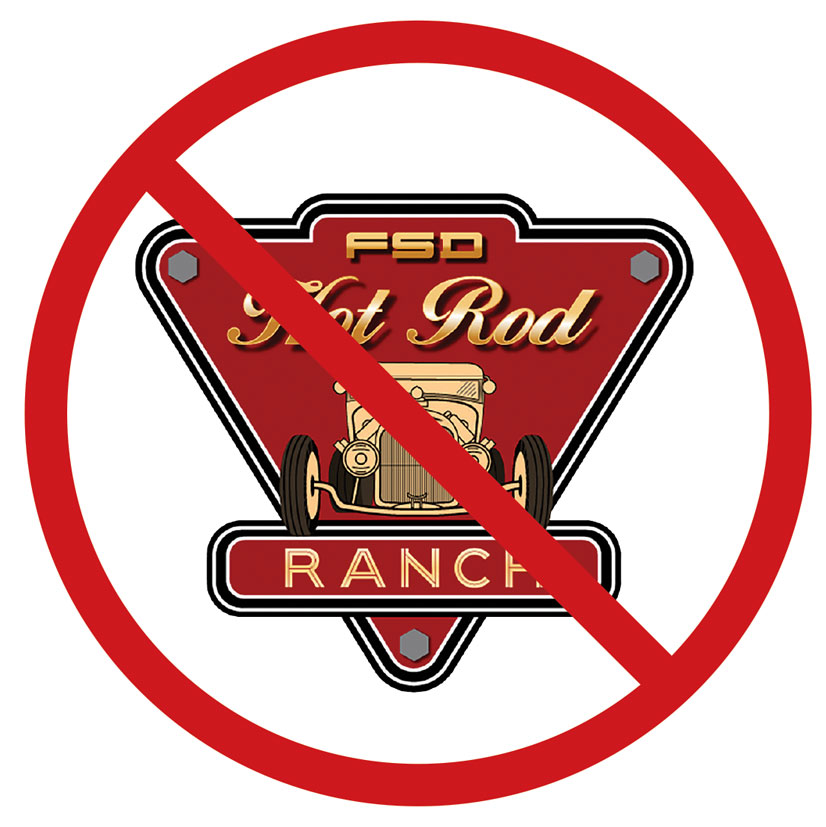Let’s say you want to become a collector-car dealer. First, you need a building large enough to hold a sufficient number of cars for sale, in an appropriate location. That requires significant capital. Next, you need an inventory of marketable collector cars. That requires even more significant capital. Stephen Phelps thought he had the first…
Consignments Become Lawsuits

